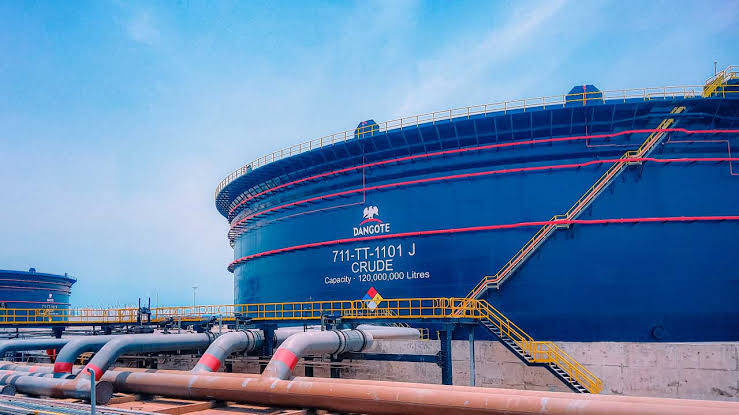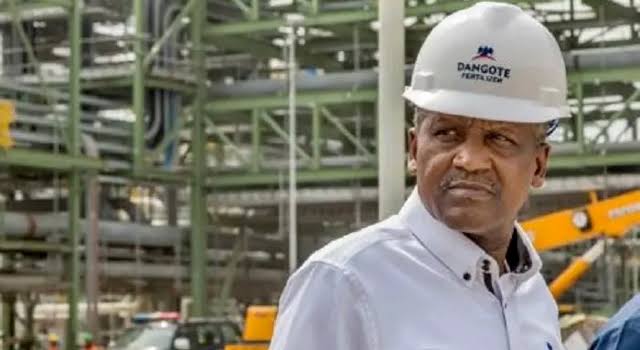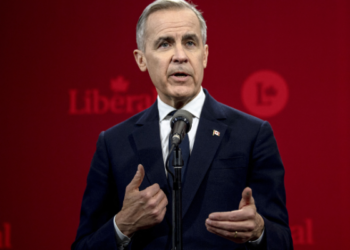The Dangote Refinery had pledged to supply and produce Premium Motor Spirit (PMS) since early June. However, various delays have prevented the refinery from fulfilling this promise, resulting in petrol prices remaining unstable in the country. A recent and positive development occurred when Alhaji Aliko Dangote, President of the Dangote Refinery, announced that petrol production would commence in August 2024. This milestone follows the resolution of crude oil supply issues, aided by the intervention of the Nigeria National Petroleum Company Limited (NNPCL) and the federal government.
Resolution of Crude Oil Supply Challenges
Dangote revealed to senior journalists in Lagos on Sunday that the crude supply challenge, which had previously hindered petrol production, was resolved the previous week with the federal government’s involvement. This announcement was made during a guided tour of the refinery located at the Lekki Free Trade Zone in Lagos.

International Oil Companies’ Obstruction
Earlier, Dangote Industries Limited (DIL) raised concerns about international oil companies (IOCs) attempting to obstruct the refinery’s crude oil procurement efforts. In June, Devakumar Edwin, Vice President of Oil and Gas at DIL, highlighted that while the Nigerian Upstream Petroleum Regulatory Commission (NUPRC) endeavored to allocate crude, IOCs were deliberately frustrating these efforts.
Challenges and Impacts
Edwin explained the obstacles faced, stating, “It seems that the objective is to ensure that our Petroleum Refinery fails. They are either asking for ridiculous/humongous premiums or simply stating that crude is not available.”
He also noted that at one point, the refinery had to pay $6 above the market price, which forced them to reduce output and import crude from distant countries like the United States, thereby increasing production costs.
Bottom Line
With the crude oil supply challenges now resolved, the Dangote Refinery is set to commence petrol production in August 2024. This development marks a significant step forward for the refinery, overcoming substantial hurdles posed by international oil companies and ensuring a steady supply of crude oil with the support of the NNPCL and the federal government.

















